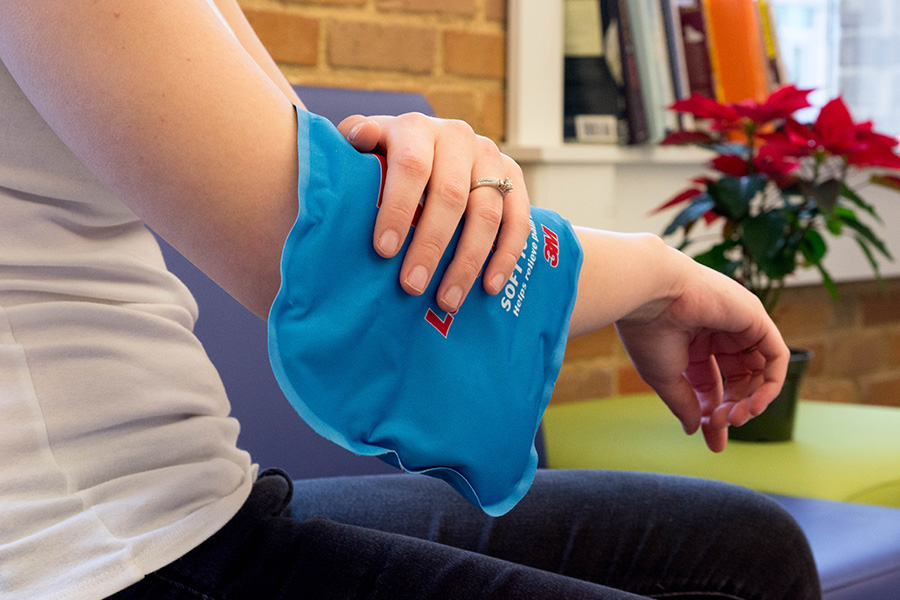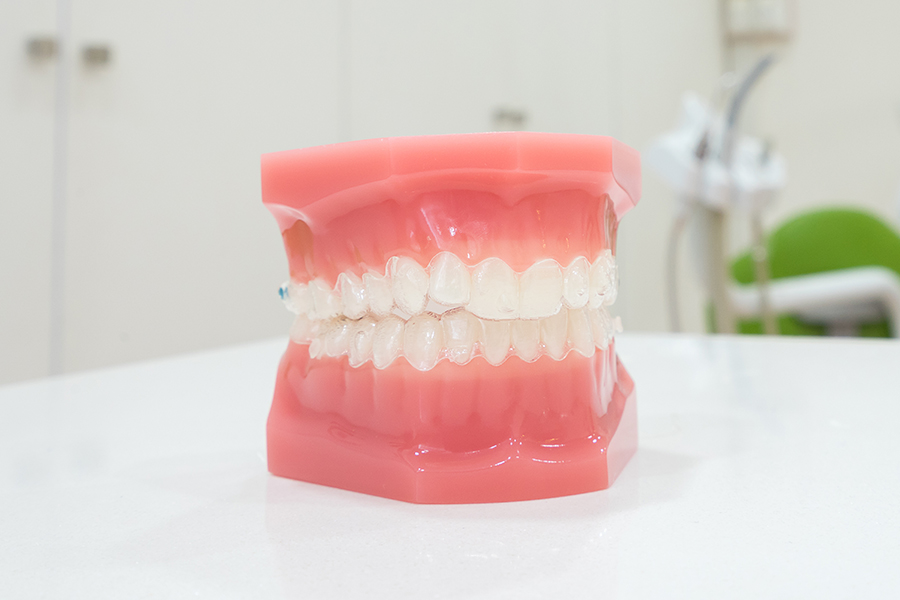Joint Pain Treatments

Joint pain is the result of a number of conditions, both short-term and long-term. It occurs in people of all age groups and fitness levels, and possibly one-third of adults will have joint pain over a 30 day period.
The older you get, the more likely it is that you experience some form of joint pain. Whether the pain is short-term or long-term, it can of a significant impact on your quality of life. There are a variety of treatments and methods for decreasing the effect that joint pain will have on you throughout your day. In order to deal with it, you will need to understand the cause of the pain in your particular scenario and the proper joint pain treatment for your condition. Seeing a doctor may be necessary.
Causes Of Joint Pain
For people involved in some sort of physical activity, especially athletes that undergo heavy training, joint pain may be the result of a physical injury. One type of common physical injury to a joint is a sprain. Sprains are the result of damage to ligament as a result of unnatural movement of a joint. When a ligament is damaged the joint will experience pain and sometimes swell. In more extreme cases the pain might be the result of a fracture.
Fractures range from small cracks in the bone to completely shattering the bone. In cases where physical activity is not a factor, pain may the result of an infectious disease such as the flu. When the body attempts to fight off an infection it releases inflammatory chemicals called cytokines. The release of these chemicals causes your nerves to be more sensitive to pain. This results in the common aching of the joints a person feels when they are infected with some types of diseases. Finally, pain in the joints may be the result of an auto-immune disease such as rheumatoid arthritis. In this case, the body's own immune system attacks living tissue causing inflammation in the joints.
Joint Pain Treatment
Depending on your situation there are various methods of joint pain treatment. If the pain is the result of a sprain, generally applying pressure along with ice and raising the joint will assist in treating the pain. In cases where the injury is causing severe pain, x-rays may be necessary for joint pain treatment. A fractured bone may be the cause of the pain. Leaving the injury without proper treatment may lead to more serious long-term repercussions.
When pain results from an infectious disease, the best course of action is to treat the source of all the symptoms: the infection itself. Try taking ibuprofen to lower fever while making sure to get lots of rest. This will help the immune system do its job to fight off the infection. Once the infection is cured, joint pain should subside. Last of all, pain from an auto-immune disease typically requires long-term treatment. Doctors will often prescribe some form of anti-inflammatory medication to help you deal with the pain.








